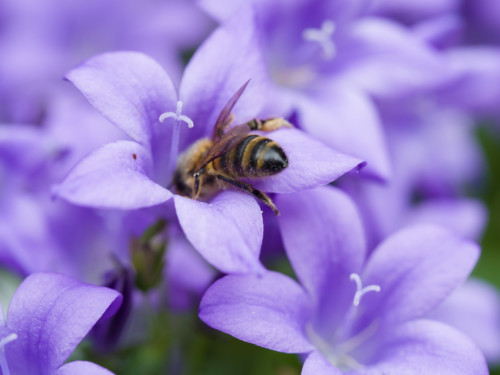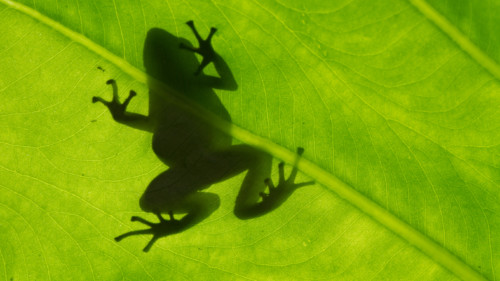The Earth Bank of Codes Aims to Protect Nature Using Genetics
Earlier this year at the 48th World Economic Forum in Davos, the Earth Bank of Codes and the Earth BioGenome Project announced a partnership to create sequence all life on Earth in the next 10 years. Ambitious? Yes. Impossible? That’s to be determined.
In addition to establishing an open source record of all existing data on living things (which would no doubt spur innovation in drug, textile, and energy production) experts speculate that such an endeavor would also curb attempts to defy the Nagoya Protocol— an international quorum to protect and secure access to genetic information.
Now, according to new reporting from Fast Company, entrepreneur and Chairman of Space Time Ventures Juan Carlos Castilla-Rubio is beginning this process with a pilot program that proposes to register all biological assets in the Amazon rainforest on a public blockchain, which he believes could form the basis of a new environmentally friendly intelligence based economy.
The Amazon Bank of Codes, or ABC, would also encourage developing countries to “make money from the scientific breakthroughs that would result, rather than selling their natural resources.” By offering economic incentives for preservation, governments are more likely to comply– and their participation is key to ensuring that the indexing is thorough.
“We posit that there is a multi-trillion-dollar innovation opportunity if we make these assets visible to entrepreneurs and corporations around the world,” Castilla-Rubio told Fast Company. “We can develop a whole new bio-economy based on these assets.”
Much like the Human Genome Project– which sequenced a complete genetic map of human beings in 2013– the ABC’s data would be open and would establish an ethical protocol for the use of this genetic data, with provisions to ensure that the plants, animals, and other species being sequenced would remain protected and invulnerable from private interest. Read the rest of the article in full over at Fast Company.




































